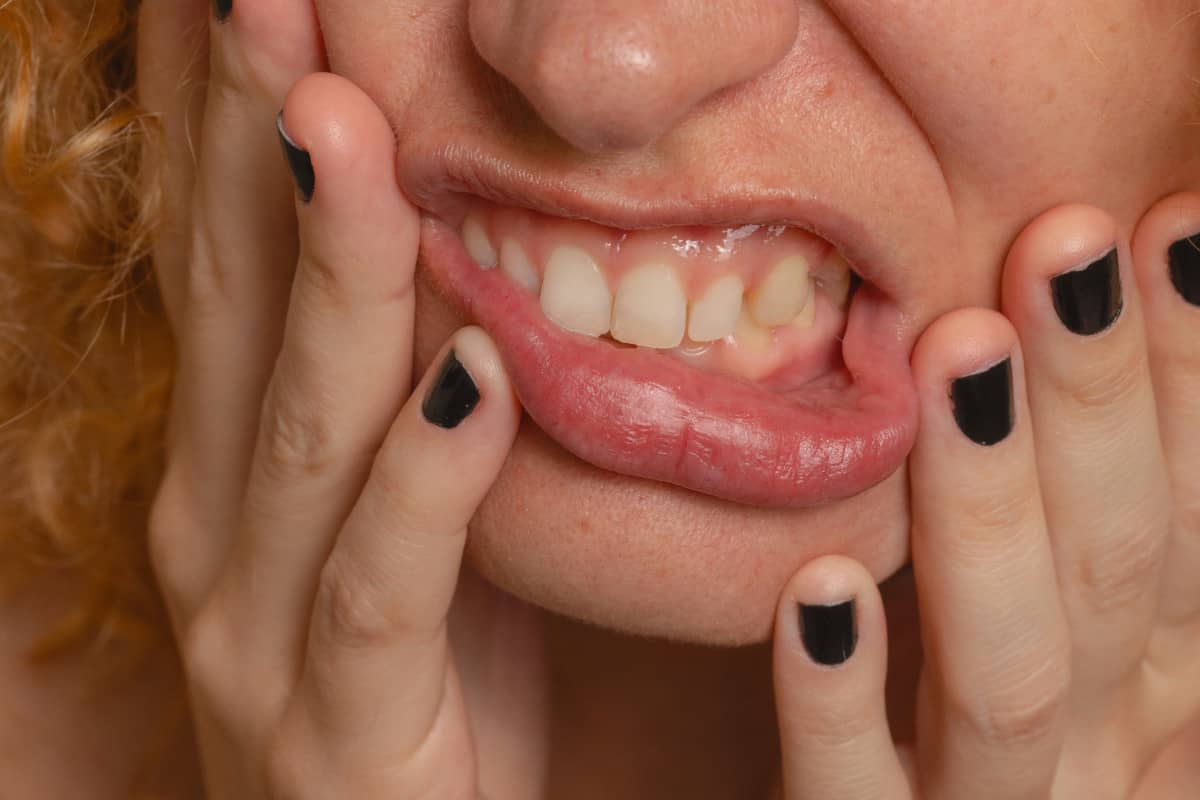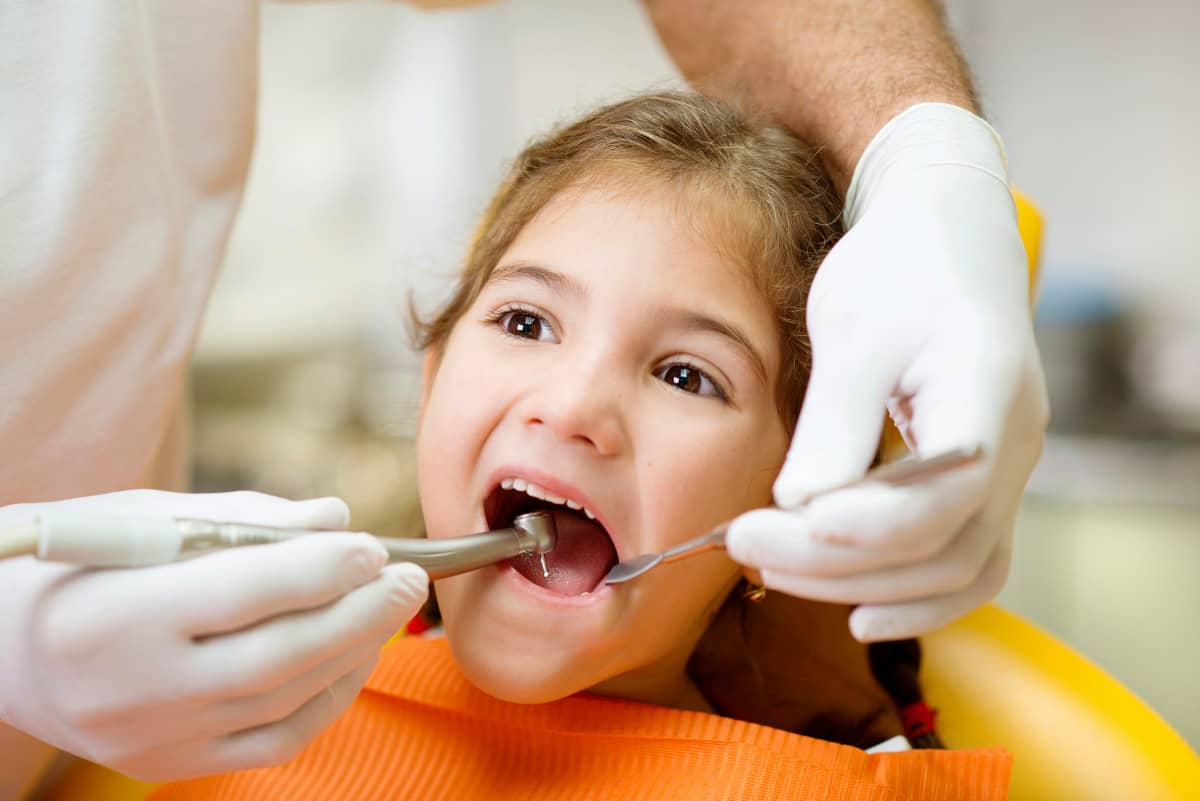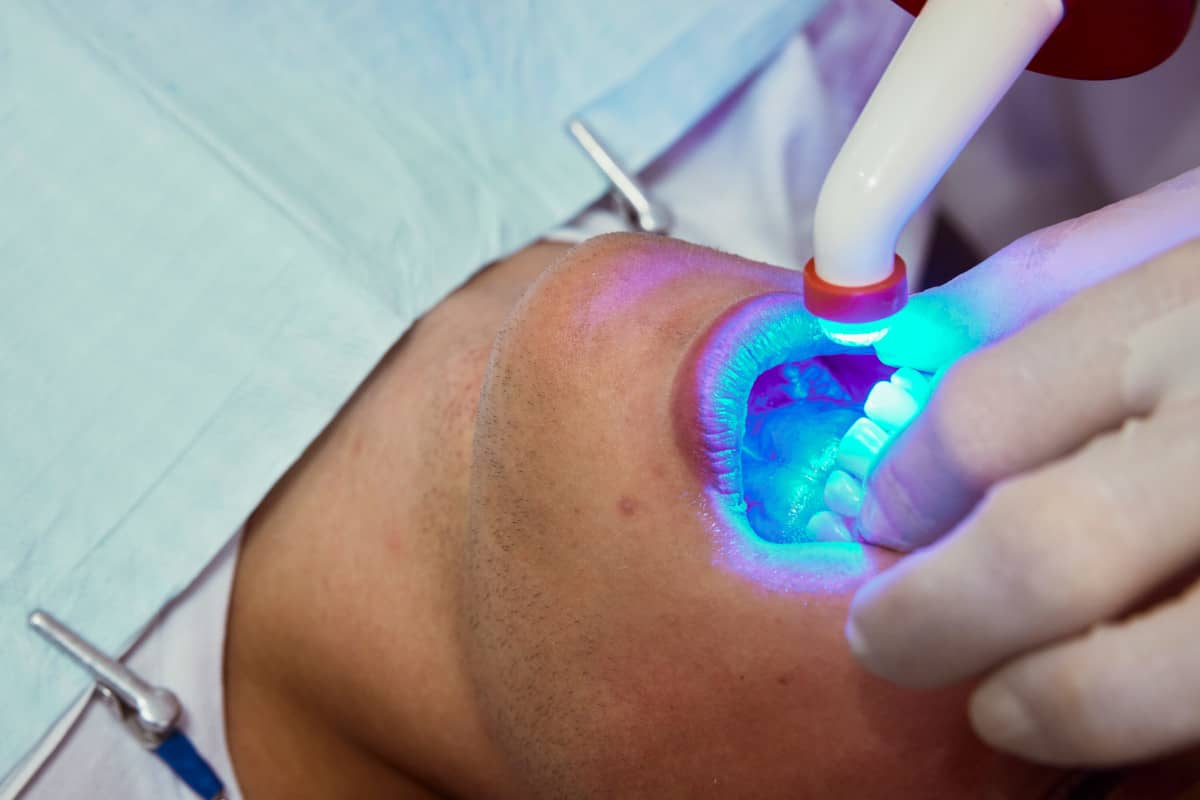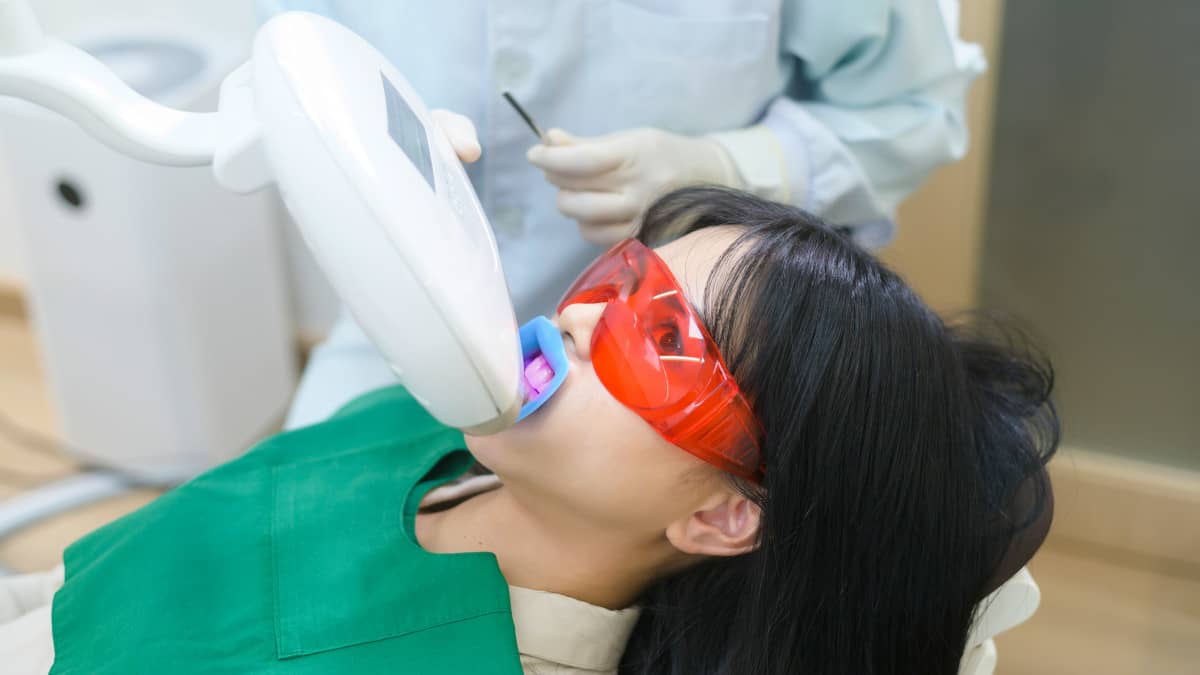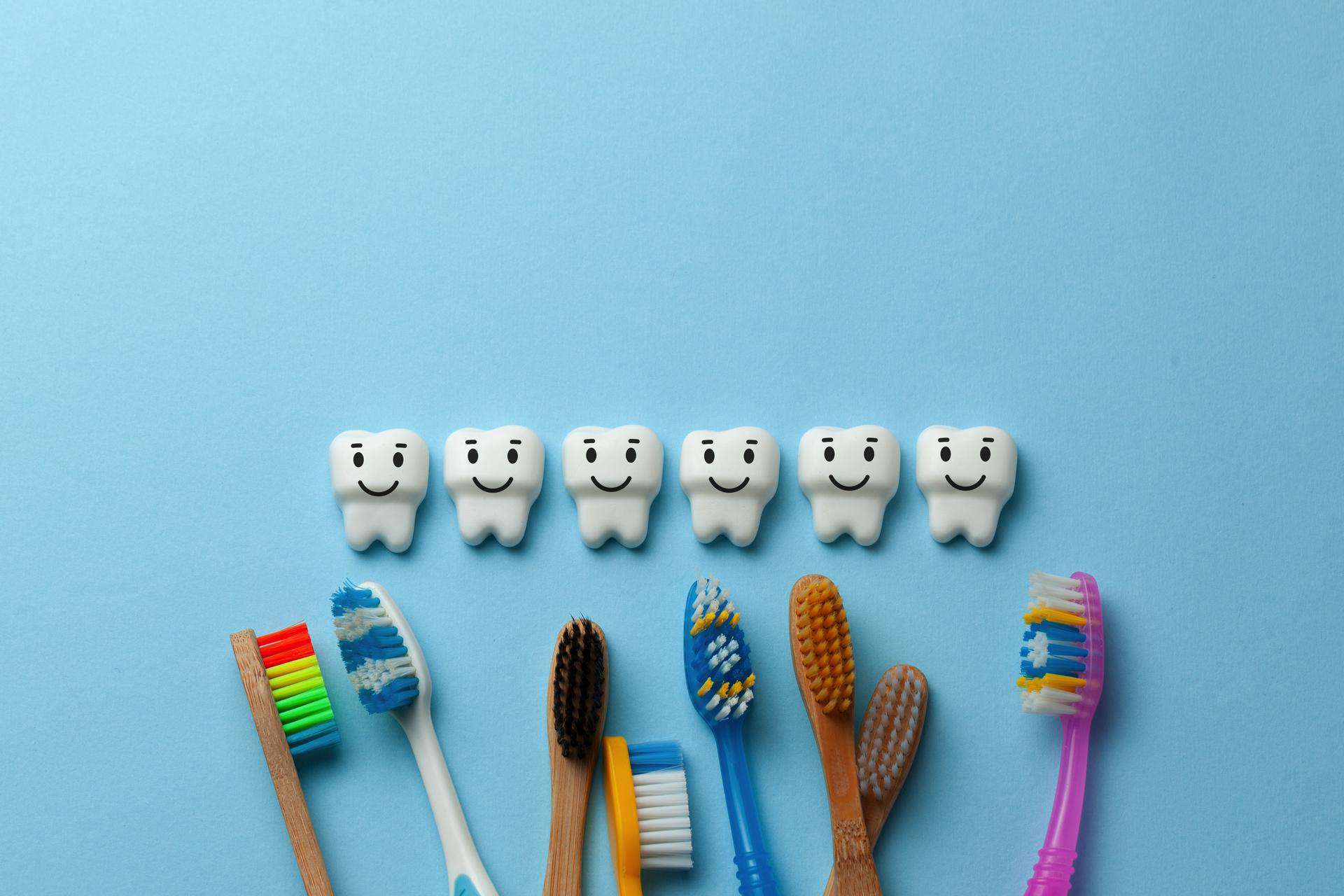
All about children’s oral hygiene
We know that oral hygiene is essential for adults to prevent oral health problems such as tooth decay and periodontal disease. However, many parents are not familiar with the need to start cleaning their children’s mouths when they are still babies. Why is it really necessary if the first teeth have not yet erupted? We tell you about it in this article.
What you should know about children’s oral hygiene
- When to start cleaning babies’ mouths?
- When to start using toothbrush and toothpaste?
- Which technique to use at each stage of growth?
- What are the enemies of oral hygiene?
When to start cleaning babies’ mouths?
The answer to this question is before the first teeth appear. And the fact is that, contrary to what we are used to, oral hygiene is not just dental hygiene. The bacteria present in the mouth start to feed on food remains, whether milk or baby food, from the very beginning, even when the first primary teeth have not yet erupted. For this reason, it is essential to start cleaning your child’s gums.
But won’t I hurt my baby? No, cleaning can be done with special gauze pads or thimbles for infants’ gums. In fact, this activity can even be enjoyable as they enter the stage of dental development.
During teething, babies will experience discomfort in their gums and massage can help to soothe them while removing food debris. In addition, you can always ask your paediatric dentist if you have any doubts about your child’s oral hygiene.
Is it really necessary if they are not yet able to develop caries? Yes, caries is not the only oral health problem that children can experience. Remember that prevention of oral diseases is always the best treatment. Even so, one in 10 2-year-olds starts to develop cavities, and 50% of 5-year-olds who come for a consultation have one or more cavities in their primary teeth.
Getting children used to taking care of their oral health through a daily routine from a very young age is fundamental for the development of their primary teeth, which in turn are essential for the formation of their permanent teeth. Good dental habits will help them to protect their teeth and gums and prevent all kinds of oral diseases.
2. When to start using toothbrush and toothpaste?
From the age of 2 years old, you can start using a toothbrush suitable for babies, with a small, rounded head, soft bristles and an appropriate handle. Until then, it is possible to continue using a silicone thimble to clean the baby’s mouth. On the other hand, it is advisable to consult with the paediatric dentist when it comes to using an adequate proportion of toothpaste, generally no larger than the size of a grain of rice, which will increase as the baby learns to spit properly.
It is important to clean the toothbrush thoroughly after use, and to store it in an open container in an upright position to dry. As usual, they should be renewed approximately every 3 months, as the filaments deteriorate and can damage the child’s gums.
In addition, it is advisable to visit the paediatric dentist for an examination of the state of the gums. In this way, you will also get the best advice on how to proceed with your baby’s oral hygiene.
3. Which technique to use in each growth phase?
3.1. From the first weeks until the eruption of the first primary teeth.
With a gauze dampened with water, or with a specific silicone thimble, as well as patience, a lot of patience, it is possible to carry out the oral cleaning of the baby. Massage the gums, the sides of the gums, the inside of the cheeks and the tongue to remove the remains of milk and baby food, once a day.
Don’t worry if the cleaning is not perfect. Remove food debris as far as your baby will allow. They will get used to it and it will become easier and easier. Furthermore, this technique should continue to be used even when the primary teeth come in, as long as there are spaces where teeth have not erupted.
3.2. From the age of one year onwards, when several primary teeth have already appeared.
It is important to bear in mind that the enamel of primary teeth is fragile and vulnerable to the acids that bacteria generate when they feed on food remains present in the oral cavity. In fact, cases of infant caries are common during teething.
Caries at an early age is very aggressive, which is why special attention must be paid to cleaning primary teeth. It is possible to continue using gauze or a silicone thimble, but as we have already mentioned, from the age of two it is possible to use a baby toothbrush and toothpaste.
At all times remember to be gentle with their teeth, make very soft circular movements over their teeth and continue cleaning gums and tongue, as well as the inside of the lips and cheeks with the gauze or thimble. Getting your child used to this routine will encourage them to get into the habit of having a good routine.
3.3. From the age of 5, and once they have gained independence, they can create a good habit.
At this age they can be independent when it comes to oral hygiene, although it is advisable to supervise their cleaning before going to bed. At this age (or earlier if they control their swallowing reflex) they can also begin to use paediatric mouthwash, a mouthwash for children according to the specialist’s recommendations.
Then, age 6 is the perfect time to teach them to floss, as interdental caries is one of the worst. Flossing will help them reach areas that their toothbrushes cannot reach. This will help them to have a complete hygiene and a good habit to take care of their oral health.
4. What are the enemies of oral hygiene?
Pampering babies is unavoidable, but one habit, namely kissing them on the mouth, can harm their oral health. Bacteria in the mouth can be transmitted from person to person, in this case to your son or daughter, and if your oral health is suffering from some kind of illness, it is possible that you could transmit the bacteria present in your mouth. As we have said, children’s teeth are much more fragile than those of adults. Therefore, you should pay special attention to your oral health as well.
You may already know this, but we won’t tire of repeating it. Sugar is the great enemy of children’s oral hygiene. During teething, you should avoid sweetening soothers or spoons with products such as honey to soothe the more than normal irritation of babies as their first teeth erupt. There are other techniques that you can use that your paediatric dentist can recommend to alleviate your baby’s discomfort, which do not include sugary products.
Later, when the baby starts to eat solids, special care must be taken with their diet. Substitute sweets, sweets and fruit juices for whole fruits and homemade products without refined sugars. At this age, the child should have supervised oral hygiene and try to do so after every meal. We must trust that by establishing good habits, when they are more independent, they will be used to taking care of their oral health, starting with hygiene.

